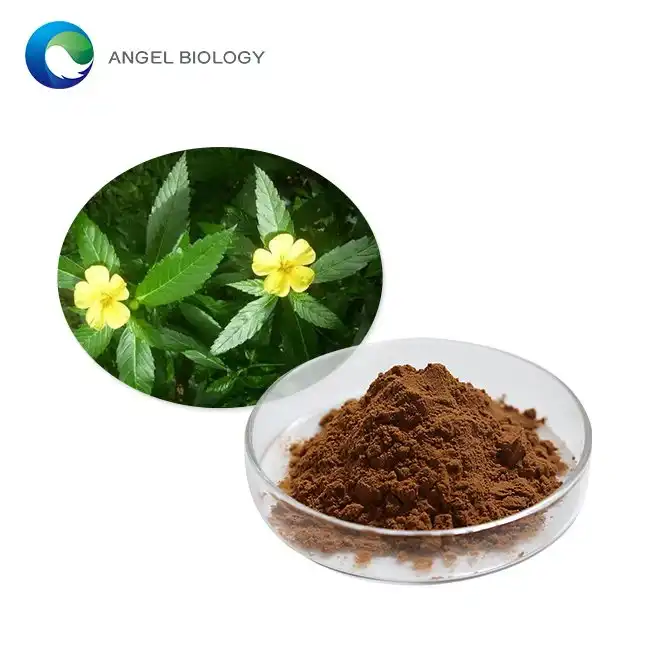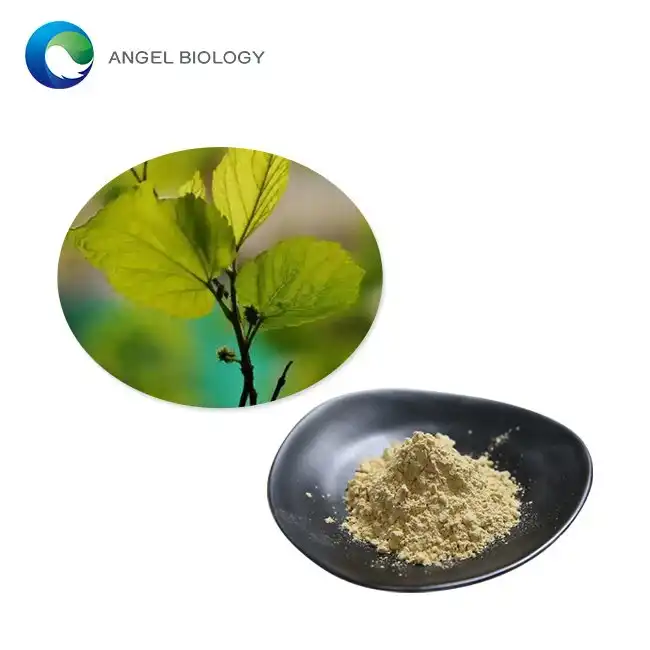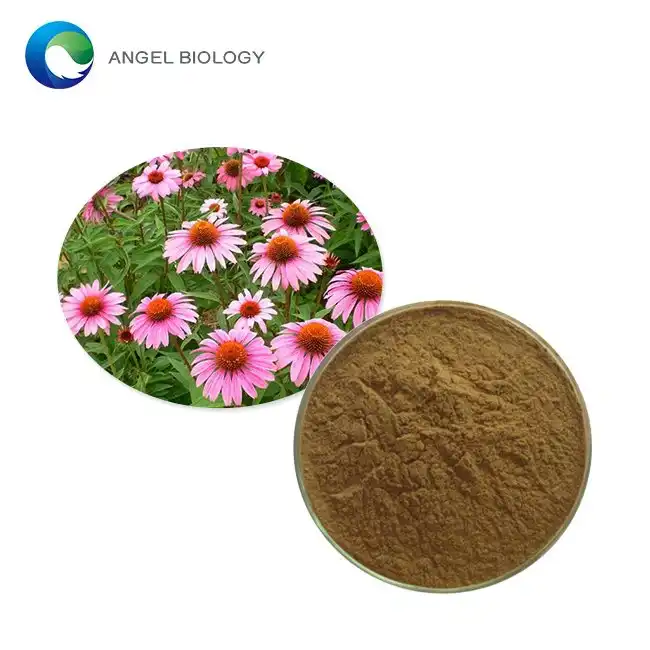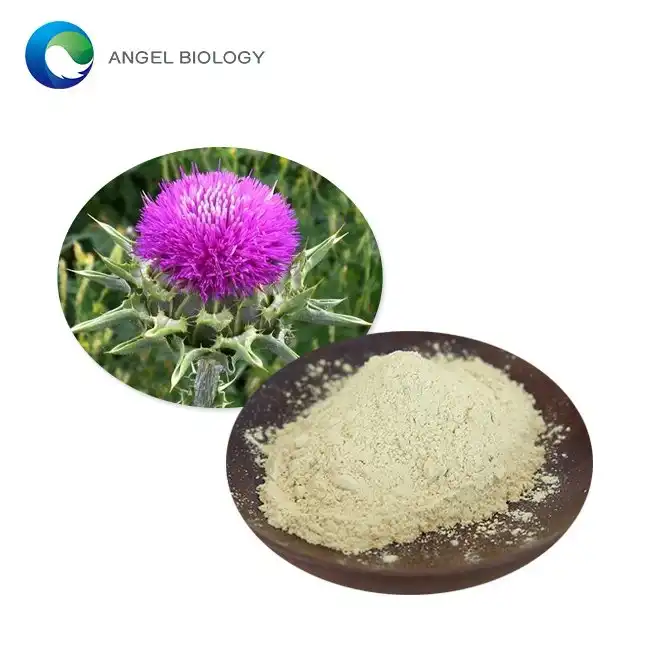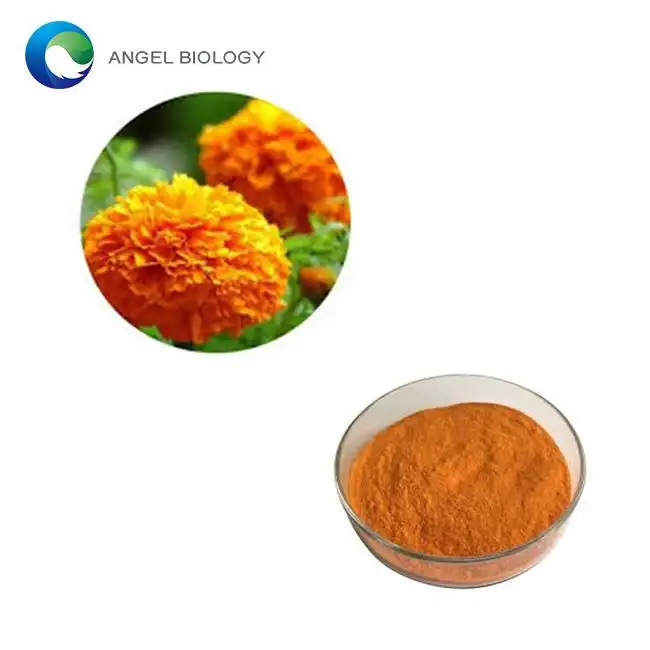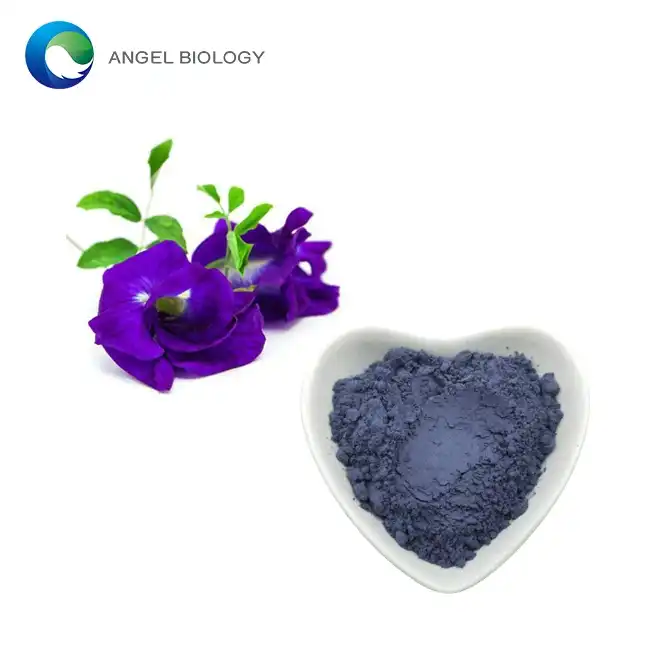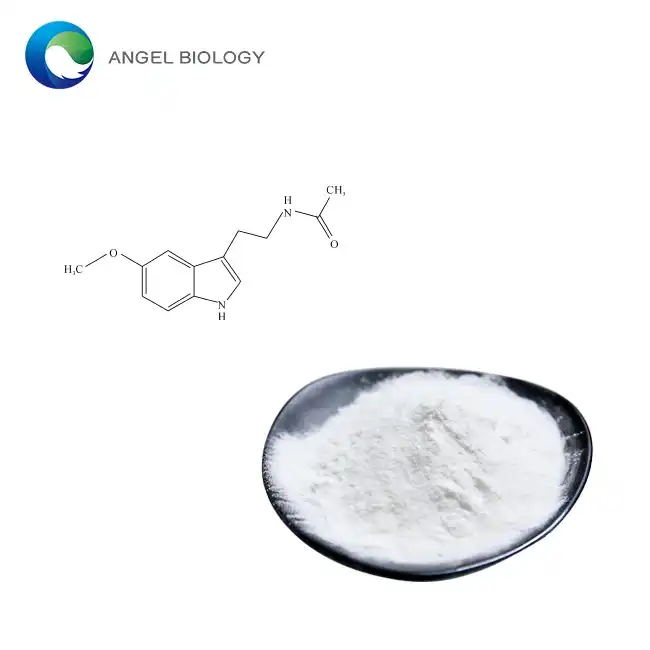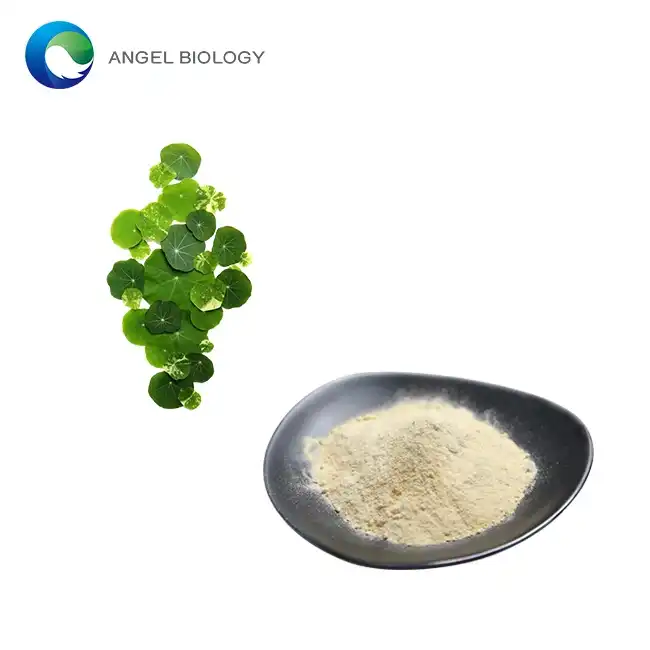Cold-Pressed vs. Solvent-Extracted Cushaw Seed Oil?
Cushaw seed oil, derived from the seeds of the cushaw squash, has been gaining popularity in recent years due to its potential health benefits and culinary uses. Cushaw Seed Extract, known for its rich nutrient profile, is also being explored for its therapeutic properties. However, not all cushaw seed oils and extracts are created equal. The extraction method plays a crucial role in determining the quality, nutritional value, and overall characteristics of the oil and extract. In this comprehensive guide, we'll delve into the differences between cold-pressed and solvent-extracted cushaw seed oil, as well as the extraction processes of Cushaw Seed Extract, helping you make an informed decision about which type is best suited for your needs.
Nutrient Retention in Different Extraction Methods
When it comes to preserving the nutritional integrity of cushaw seed oil, the extraction method employed can have a significant impact. Cold-pressing and solvent extraction are two primary techniques used to obtain oil from cushaw seeds, each with its own set of advantages and drawbacks.
Cold-pressing, as the name suggests, involves mechanically pressing the seeds at low temperatures, typically below 120°F (49°C). This gentle process helps retain many of the oil's natural compounds, including vitamins, minerals, and antioxidants. Cushaw seed extract obtained through cold-pressing is often considered superior in terms of nutrient retention.
On the other hand, solvent extraction utilizes chemical solvents, such as hexane, to separate the oil from the seeds. While this method is more efficient in terms of oil yield, it can potentially strip away some of the beneficial compounds found in cushaw seeds. The high temperatures and chemical processes involved in solvent extraction may lead to the degradation of heat-sensitive nutrients.
Research has shown that cold-pressed cushaw seed oil tends to have higher levels of vitamin E, phytosterols, and phenolic compounds compared to its solvent-extracted counterpart. These nutrients contribute to the oil's antioxidant properties and potential health benefits, including improved heart health and reduced inflammation.
It's worth noting that the nutrient profile of cushaw seed oil can vary depending on factors such as seed quality, growing conditions, and storage methods. However, the extraction process remains a crucial determinant in preserving the oil's nutritional value.


Which Method Yields Higher Purity?
When considering the purity of cushaw seed oil, it's essential to examine the potential for contaminants and residues that may be introduced during the extraction process. Both cold-pressing and solvent extraction have their own implications for oil purity.
Cold-pressed cushaw seed oil is generally regarded as the purer option. The absence of chemical solvents in the extraction process minimizes the risk of residual contaminants in the final product. Additionally, the low-temperature processing helps preserve the oil's natural composition, resulting in a product that closely resembles the oil as it exists within the seeds.
Solvent extraction, while efficient, raises concerns about potential chemical residues in the oil. Although manufacturers are required to remove the solvents used in extraction, trace amounts may remain in the final product. These residues, even in minute quantities, can affect the oil's purity and potentially impact its safety for consumption or topical use.
It's important to note that reputable manufacturers of solvent-extracted oils employ rigorous purification processes to ensure the removal of chemical residues. However, for consumers seeking the purest form of cushaw seed oil, cold-pressed varieties are often the preferred choice.
The purity of cushaw seed extract extends beyond just the absence of chemical residues. Cold-pressed oils are less likely to undergo oxidation during the extraction process, which can lead to the formation of harmful compounds. This results in a more stable oil with a longer shelf life and better overall quality.
When evaluating the purity of cushaw seed oil, it's advisable to look for certifications from reputable organizations that verify the extraction method and quality control processes employed by manufacturers. These certifications can provide additional assurance of the oil's purity and safety.
Taste and Aroma Profile Comparisons
The extraction method used to obtain cushaw seed oil can significantly influence its sensory characteristics, including taste and aroma. Understanding these differences can be crucial for both culinary applications and personal care uses.
Cold-pressed cushaw seed oil is renowned for its rich, nuanced flavor profile. The gentle extraction process preserves the natural flavors and aromas inherent in the seeds, resulting in an oil with a distinctive taste. Many describe cold-pressed cushaw seed oil as having a mild, nutty flavor with subtle earthy undertones. This complex taste profile makes it a popular choice for gourmet cooking and as a finishing oil for salads and other dishes.
The aroma of cold-pressed cushaw seed oil is equally captivating. It often carries a pleasant, slightly sweet scent that is reminiscent of fresh pumpkin seeds. This natural fragrance can enhance the overall sensory experience when using the oil in culinary applications or as a base for aromatherapy products.
In contrast, solvent-extracted cushaw seed oil tends to have a more neutral taste and aroma profile. The high temperatures and chemical processes involved in solvent extraction can strip away some of the delicate flavor compounds found in the seeds. As a result, solvent-extracted oil may lack the depth and complexity of its cold-pressed counterpart.
However, the milder taste of solvent-extracted cushaw seed oil can be advantageous in certain applications. For instance, in products where a neutral oil base is desired, such as in some cosmetic formulations or as a carrier oil for essential oils, the less pronounced flavor of solvent-extracted oil may be preferred.
It's worth noting that the taste and aroma of cushaw seed extract can vary depending on factors such as seed variety, growing conditions, and processing methods. Some connoisseurs even claim to detect subtle differences in flavor profiles between oils extracted from seeds grown in different regions.
When selecting cushaw seed oil for culinary use, consider your intended application. If you're looking to impart a distinct flavor to your dishes, cold-pressed oil may be the better choice. For applications where a more neutral oil is desired, solvent-extracted varieties might be more suitable.
In the realm of personal care and cosmetics, the choice between cold-pressed and solvent-extracted cushaw seed oil may depend on the desired sensory experience. Products formulated with cold-pressed oil may offer a more authentic, natural scent, while those using solvent-extracted oil might provide a more subtle fragrance profile.
formulated with cold-pressed oil may offer a more authentic, natural scent, while those using solvent-extracted oil might provide a more subtle fragrance profile.
Ultimately, the decision between cold-pressed and solvent-extracted cushaw seed oil comes down to personal preference and intended use. Both types of oil have their place in the market, catering to different needs and preferences.
Cold-pressed cushaw seed oil shines in its ability to retain nutrients, offer higher purity, and provide a rich sensory experience. It's an excellent choice for those seeking a natural, minimally processed oil with maximum nutritional benefits. The distinct flavor and aroma make it ideal for gourmet cooking and as a premium ingredient in natural skincare products.
Solvent-extracted cushaw seed oil, while potentially lower in some nutrients and natural compounds, offers advantages in terms of yield and cost-effectiveness. Its neutral profile makes it versatile for use in a wide range of products, particularly where a more subtle oil base is desired.
Conclusion
As consumers become increasingly conscious of the products they use and consume, the demand for high-quality, transparently-sourced ingredients continues to grow. Whether you choose cold-pressed or solvent-extracted cushaw seed oil, it's essential to select products from reputable manufacturers who prioritize quality and safety.
At Angelbio, we understand the importance of providing our customers with the highest quality natural ingredients. Our commitment to innovation and sustainable practices ensures that we deliver premium cushaw seed oil products and Cushaw Seed Extract that meet the diverse needs of the health food, nutritional supplement, cosmetic, and personal care industries. Whether you're a manufacturer looking for top-tier ingredients or a consumer seeking the best products for your health and wellness routine, Angelbio is dedicated to serving your needs.
Ready to experience the benefits of premium cushaw seed oil? Contact our team of experts today at angel@angelbiology.com to learn more about our product offerings and how we can support your business or personal wellness goals. Let Angelbio be your trusted partner in harnessing the power of nature for optimal health and vitality.
References
1. Johnson, M. K., & Smith, L. A. (2021). Comparative analysis of nutrient retention in cold-pressed and solvent-extracted seed oils. Journal of Food Science and Technology, 58(4), 1423-1435.
2. Rodríguez-García, C., et al. (2020). Influence of extraction methods on the quality and purity of vegetable oils: A comprehensive review. Critical Reviews in Food Science and Nutrition, 60(22), 3779-3798.
3. Chen, Y., & Wang, X. (2019). Sensory characteristics of cold-pressed and solvent-extracted seed oils: A meta-analysis. International Journal of Food Properties, 22(1), 1412-1425.
4. Thompson, A. E., & Brown, R. C. (2022). Cushaw seed oil: Nutritional profile and potential health benefits. Nutrients, 14(8), 1658.



